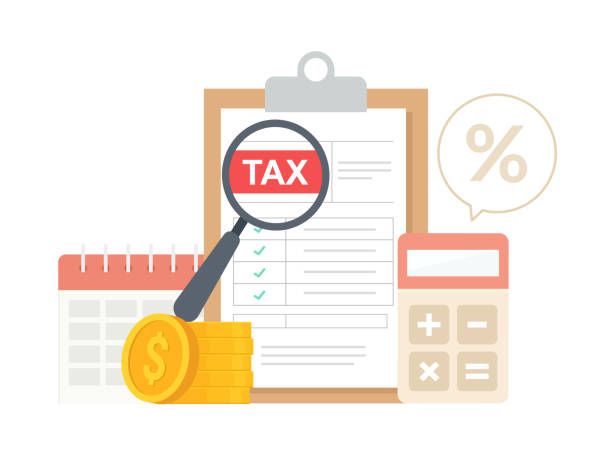Common Accounting Mistakes to Avoid in Small Businesses
Small businesses are the backbone of the economy, but they often face unique challenges, especially when it comes to financial management. Accurate accounting is crucial for their success, yet many small business owners inadvertently make common accounting mistakes that can have significant consequences. In this blog post, we’ll explore some of these pitfalls and provide tips on how to avoid them.
1. Neglecting Proper Record-Keeping:
One of the most common accounting mistakes small businesses make is failing to maintain accurate and organized financial records. Without proper record-keeping, it becomes challenging to track income, expenses, and overall financial performance.
Tip- Invest in accounting software or work with a professional to establish robust record-keeping systems from the start.
2. Mixing Personal and Business Finances:
Blurring the lines between personal and business finances can be a recipe for disaster. Small business owners often use personal funds for business expenses or vice versa, leading to confusion and potential tax implications.
Tip- Open separate bank accounts for your business and avoid using business funds for personal expenses to maintain clarity and compliance.
3. Ignoring Tax Obligations:
Tax compliance is a critical aspect of accounting for small businesses, yet many owners overlook it or fail to stay updated with changing regulations. Missing tax deadlines, failing to withhold taxes properly, or neglecting to file accurate tax returns can result in penalties and legal issues.
Tip- Stay informed about your tax obligations and seek professional guidance if needed to ensure compliance.
4. Failing to Reconcile Accounts Regularly:
Reconciliation is essential for identifying discrepancies and ensuring the accuracy of financial records. Small business owners often overlook this step, leading to errors and misstatements in their financial reports.
Tip- Make it a habit to reconcile bank accounts, credit card statements, and other accounts regularly to catch any discrepancies early on.
5. Overlooking Cash Flow Management:
Cash flow is the lifeblood of any business, yet many small business owners struggle with cash flow management. They may fail to monitor cash inflows and outflows effectively, leading to cash shortages or overspending.
Tip- Implement cash flow forecasting and monitor your cash flow regularly to anticipate and address any liquidity issues proactively. Also set up separate accounts for tax, GST, super etc. smooth cashflow for when these are due.
6. Failing to Plan for Growth:
Successful businesses have a solid financial plan in place to support their growth objectives. However, many small business owners neglect financial planning, which can hinder their expansion efforts.
Tip- Develop a budget, forecast financial performance, and set clear financial goals to guide your business’s growth trajectory effectively.
Conclusion:
In conclusion, avoiding common accounting mistakes is essential for small businesses to thrive financially and achieve long-term success. By prioritizing accurate record-keeping, separating personal and business finances, staying compliant with tax obligations, reconciling accounts regularly, managing cash flow effectively, and planning for growth, small business owners can navigate the financial landscape with confidence and pave the way for sustainable growth.
The post Common Accounting Mistakes to Avoid in Small Businesses appeared first on Green Taylor Partners.
More GTP Articles






